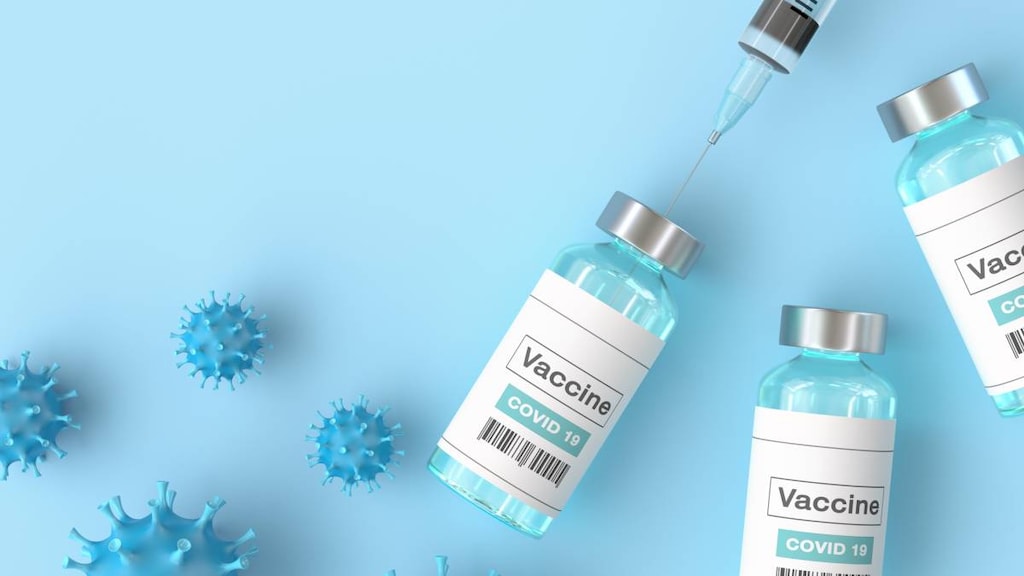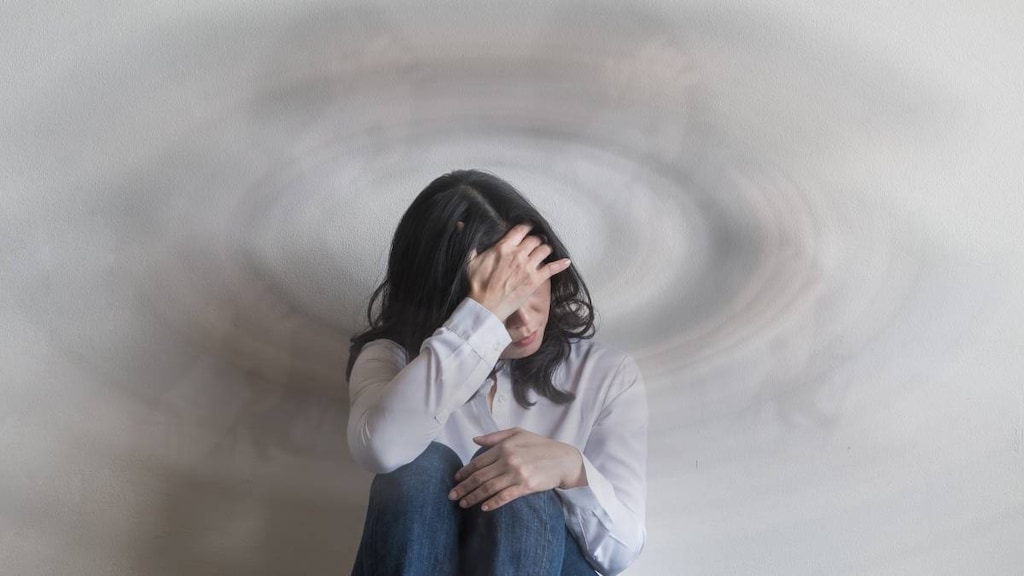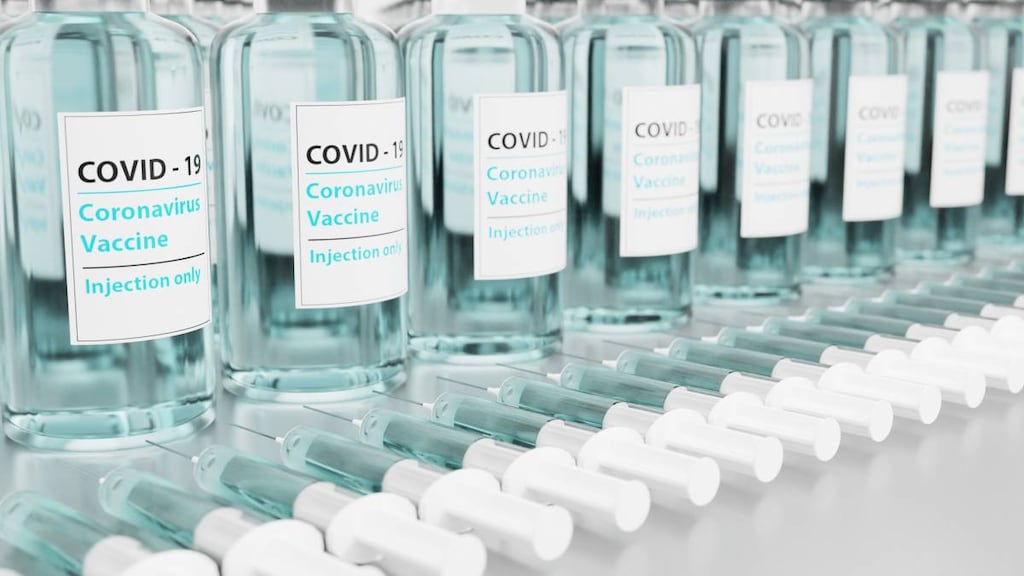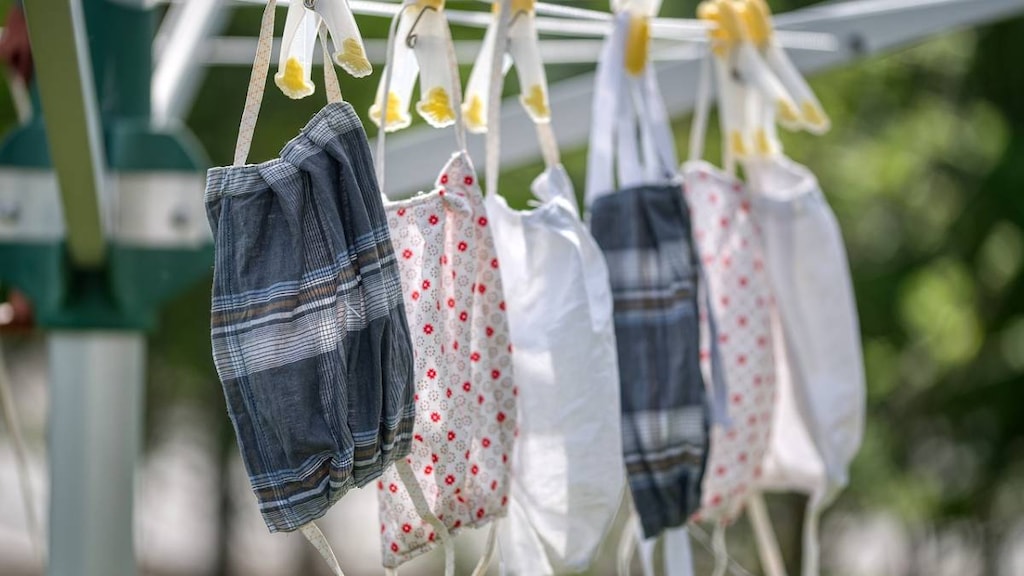UPDATE: What to know about testing for the new coronavirus that causes COVID-19

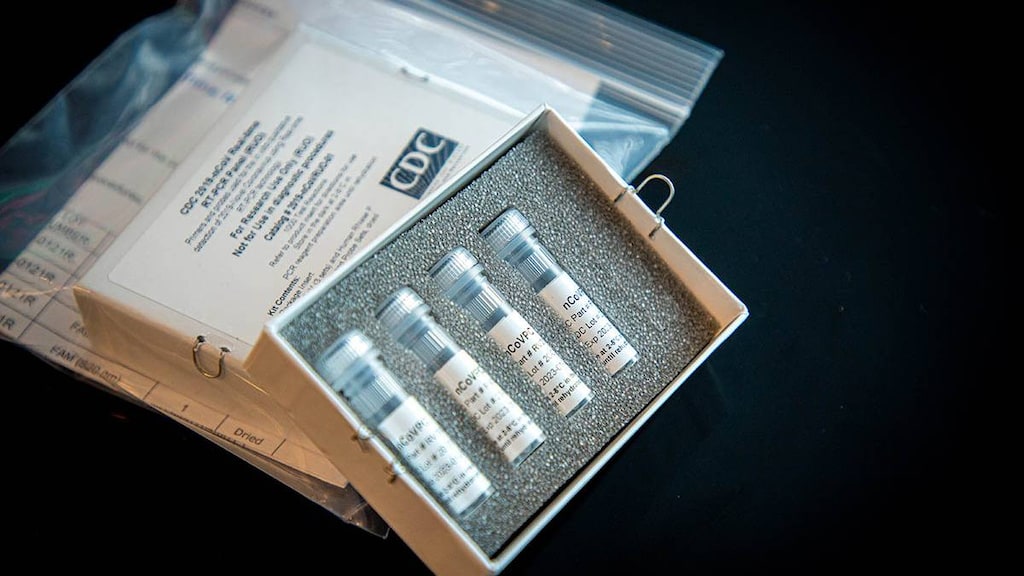
There are three types of test for SARS-CoV-2, the new coronavirus that causes COVID-19, including the:
-
Polymerase chain reaction (PCR) test - molecular test, nucleic acid amplification test (NAAT)
-
Antigen test - rapid diagnostic test
-
Antibody test - serology test
Polymerase chain reaction diagnostic test for SARS-CoV-2
In March 2020, the World Health Organization (WHO) began recommending that people suspected of having COVID-19 be screened for the new coronavirus using tests such as RT-PCR (reverse transcription polymerase chain reaction), and this is still the case today.
RT-PCR is a type of diagnostic laboratory test that can be used to detect small amounts of the SARS-CoV-2 virus in a sample taken from an infected person.
This type of test is also called a molecular test or nucleic acid amplification test (NAAT).
Testing process using RT-PCR
The testing process is pretty straightforward and begins with a healthcare professional swabbing a person's throat or nose for mucus, or in some cases a saliva sample is taken. The sample is then sent to a lab where it's mixed with substances called reagents in a test tube. It’s then put into a thermocycler machine and duplicate copies of the genetic material in the sample are made. If the sample contains the new coronavirus, SARS-CoV-2, then its presence will be amplified or increased confirming a positive result and diagnosis of COVID-19.
Test results may be available the same day or take up to a week.
False negative and positive results using RT-PCR
It is possible that even if a person has COVID-19 a swab of their throat or nose might not contain enough of the virus to produce a positive result. False negatives are also possible if the sample takes too long to get to the lab to be tested, or isn’t transported under appropriate conditions. Freezing of samples is recommended if they are likely to take a while to get to the lab (-20ºC/-4ºF or ideally -70ºC/-94ºF), otherwise it’s possible to ship and store them at 2-8ºC (35.6-46.4ºF) if they won't spend long in transit.
It’s also important to note that this type of test doesn’t differentiate between live and dead virus fragments in your system. Even if you return a positive result this does not necessarily mean that you are infectious, according to the findings of researchers in South Korea who investigated potential reactivation of the new coronavirus.
Antigen diagnostic test for SARS-CoV-2
Antigen tests for SARS-CoV-2 are another type of COVID-19 diagnostic test. The US Food and Drug Administration (FDA) issued an emergency use authorization (EUA) approving the first COVID-19 antigen test, Quidel’s Sofia 2 SARS Antigen FIA test, on May 9, 2020.
An antigen is a foreign substance that your immune system identifies and mounts a response against. Antigen tests look for and detect fragments of protein antigens found on or within a virus. They are another type of diagnostic test for COVID-19, which is relatively cheap.
Antigen tests work quickly returning results within an hour or less, which is why they’re also referred to as rapid diagnostic tests.
Testing process using an antigen test
COVID-19 antigen tests also involve taking a swab of the throat or nose and testing it for the SARS-CoV-2 virus. Like the RT-PCR test, a sample from a swab is mixed with substances called reagents in a test tube. The reagents disrupt the virus particles and expose their internal viral nucleoproteins. Once the disruption process is complete, the sample is put into a small sample well and left to migrate its way along a test strip containing various chemicals. If the virus is present in the sample it becomes stuck at a specific location.
Quidel’s test makes use of immunofluorescence technology. A fluorescent dye is attached to an antibody that attaches to the target SARS-CoV-2 antigen. Quidel’s Sofia 2 device, which uses method-specific algorithms, is then used to scan the test strip and measure its fluorescent signal to produce a result. The result, which will be Positive, Negative or Invalid, is then displayed on a screen on the device.
False negative and positive results using antigen tests
False negatives are also possible with antigen tests. Negative results are not as reliable as positive results, which are usually highly accurate, and need to be confirmed with an RT-PCR test.
Unlike the RT-PCR test, antigen tests aren’t necessarily specific for SARS-CoV-2, which could also lead to false positive results. Quidel’s test, for example, cannot distinguish between SARS-CoV-2 and SARS-Cov, the virus responsible for the SARS epidemic in 2003.
Antibody tests for SARS-CoV-2
Antibody tests for SARS-CoV-2 are not used to diagnose an active infection, but are used to tell you if you’ve been infected by the virus in the past. These tests are also called serology tests.
Antibody tests do not detect parts of the SARS-CoV-2 virus, like diagnostic RT-PCR and antigen tests do. Instead, antigen tests measure the antibodies a person’s immune system develops in response to the new coronavirus.
Test results may be available the same day or take 1-3 days to come back.
Testing process using an antibody or serology test
A SARS-CoV-2 antibody test involves taking a blood sample - either a finger stick sample or by drawing blood. The blood sample is then mixed with a SARS-CoV-2 antigen, such as the SARS-CoV-2 spike protein or a nucleocapsid protein. If the blood sample contains antibodies directed against SARS-CoV-2, then the two will bind causing the color of the test to change and a positive result will be confirmed.
False negative and positive test results using an antibody or serology test
One of the limitations of an antibody test is that they can produce a negative result even though a person has been infected with SARS-CoV-2. This is because it takes time for the body to produce antibodies, so if you test too early then the person may not have had enough time to make the antibodies the test detects. Antibody levels can also wane over time, so in some people if you test too long after an infection has occurred, then the test may show a negative result because antibody levels have dropped to undetectable levels.
Like the antigen tests, antibody tests may also produce a false positive result because they are susceptible to cross-reactivity with closely related viruses. For example, the SARS-CoV-2-specific-enzyme linked immunosorbent assay (ELISA) test used by the US Centers for Disease Control and Prevention (CDC) for its antibody test, will not only return a positive result if SARS-CoV-2 antibodies are detected, it will also return a positive result if antibodies against the SARS virus responsible for an epidemic in 2003 or the MERS (Middle East Respiratory Syndrome) virus, which was first identified in 2012, are also detected. Only minimal cross-reactivity, however, was observed with commonly circulating coronaviruses.
Whether or not everyone infected with SARS-CoV-2 will produce antibodies is an area of special interest for researchers. Researchers are also interested in finding out how long protective neutralizing antibodies against SARS-CoV-2 will last following a case of COVID-19. Some viral infections result in antibodies that will protect for a lifetime, while others give protection for just a short period of time. It is not yet known how long SARS-CoV-2 neutralizing antibodies will last because the virus is so new.
Shortage of SARS-CoV-2 testing an ongoing problem
Back in March 2020, a lack of COVID-19 testing allowed the new coronavirus to spread undetected in the US. Several months later the demand for such tests continues to increase and is likely to outstrip testing capacity, leaving cases of COVID-19 to once again go undetected.
Article references
- World Health Organization (WHO). Laboratory testing for 2019 novel coronavirus (2019-nCoV) in suspected human cases. March 19, 2020. Available at: https://www.who.int/publications-detail/laboratory-testing-for-2019-novel-coronavirus-in-suspected-human-cases-20200117. [Accessed July 5, 2020].
- Food and Drug Administration (FDA). Coronavirus Testing Basics. Available at: https://www.fda.gov/consumers/consumer-updates/coronavirus-testing-basics. [Accessed July 5, 2020].
- Wall Street Journal. February 26, 2020. How Coronavirus Test Kits Work. Retrieved from: https://www.youtube.com/watch?v=tgyzdgf66eM. [Accessed March 9, 2020].
- Scitable by Nature Education. Scientists Can Make Copies of a Gene through PCR. Available at: https://www.nature.com/scitable/topicpage/scientists-can-make-copies-of-a-gene-6525968/. [Accessed March 9, 2020].
- Science Direct. Reverse Transcription Polymerase Chain Reaction. Available at: https://www.sciencedirect.com/topics/biochemistry-genetics-and-molecular-biology/reverse-transcription-polymerase-chain-reaction. [Accessed March 9, 2020].
- Centers for Disease Control and Prevention (CDC). Coronavirus Disease 2019 (COVID-19). CDC Diagnostic Tests for COVID-19. Available at: https://www.cdc.gov/coronavirus/2019-ncov/about/testing.html. [Accessed July 5, 2020].
- Food and Drug Administration (FDA). Coronavirus (COVID-19) Update: FDA Authorizes First Antigen Test to Help in the Rapid Detection of the Virus that Causes COVID-19 in Patients. May 9, 2020. Available at: https://www.fda.gov/news-events/press-announcements/coronavirus-covid-19-update-fda-authorizes-first-antigen-test-help-rapid-detection-virus-causes. [Accessed July 5, 2020].
- Food and Drug Administration (FDA). Sofia SARS Antigen FIA. For use under the Emergency Use Authorization (EUA) only. For in vitro diagnostic use. Available at: https://www.fda.gov/media/137885/download. [Accessed July 5, 2020].
- American Society for Microbiology. COVID-19 Testing FAQs. April 29, 2020. Available at: https://asm.org/Articles/2020/April/COVID-19-Testing-FAQs. [Accessed July 5, 2020].
- Food and Drug Administration (FDA). EUA Authorized Serology Test Performance. Available at: https://www.fda.gov/medical-devices/emergency-situations-medical-devices/eua-authorized-serology-test-performance. [Accessed July 5, 2020].
- Centers for Disease Control and Prevention (CDC). Coronavirus Disease 2019 (COVID-19). Serology Testing for COVID-19 at CDC. Updated May 23, 2020. Available at: https://www.cdc.gov/coronavirus/2019-ncov/lab/serology-testing.html. [Accessed July 5, 2020].
- Freeman B, Lester S, Mills L, et al. Validation of a SARS-CoV-2 spike protein ELISA for use in contact investigations and serosurveillance. bioRxiv preprint doi: https://doi.org/10.1101/2020.04.24.057323. [Accessed July 5, 2020].
- The Atlantic. A Dire Warning From COVID-19 Test Providers. Available at: https://www.theatlantic.com/science/archive/2020/06/us-coronavirus-testing-could-fail-again/613675/. [Accessed July 5, 2020].
